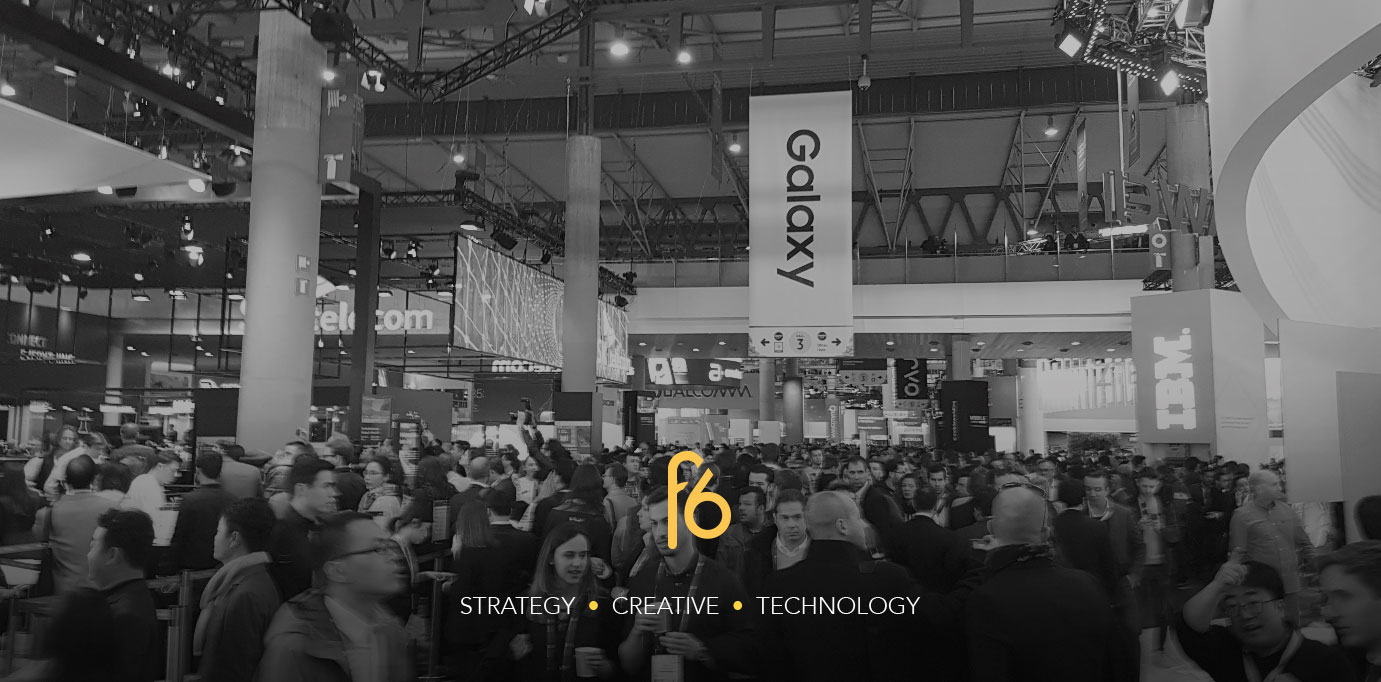Events are a great way to promote your business and showcase your products and services. Whether it’s an offline event—like a conference, exhibition, award ceremony, roadshow, product launch, corporate hospitality or a private party, or an online event—like a virtual event, events offer the opportunity to create a richer experience for your target audience by maximising personal engagement, while also providing insights into the value your business has to offer.
It still surprises me how many companies don’t know what their ROI is when they attend an event and why measuring event ROI is so important.
Strategising and planning before the event
It’s important to strategise and plan well ahead of the event. Set clear and measurable objectives in advance, from generating sales leads, to strengthening business relationships with customers, to building brand awareness and gaining exposure.
Understand your target audience. Who will be attending the event and why are they attending the event in the first place? Will there be potential customers attending and/or existing clients? Is there a good opportunity for getting great press coverage? Will your competitors be there and are there important players in the industry that will be attending?
Once you know your target audience and you have set your objectives you can start to build an event marketing strategy that will effectively plan and promote the event before, during and after the event, following a logical timeline, to ensure the success of the event. Remember, every event is different, as is every lead time, budget and target market. Furthermore, you should focus on building your content strategy around how you are going to communicate to your audience. Ask yourself what platforms you are going to use to promote the event to achieve a maximum outcome for attending the event.
Audience engagement during the event
Encourage attendees to fill out Q&A’s or surveys and find out what they think while at the event. Analyse and track the overall attendance as well as certain parts of the event. For example, if you are a special guest/speaker, track the amount of attendees that attended to listen to you present/talk.
There are many fun and interactive ways of encouraging both your employees and your target audience to engage with your business using social networking tools and interesting games or competitions. Read Sian’s latest blog post on DESIGNING INTERACTION: THE ART OF BRAND STORYTELLING AT EVENTS where she highlights the importance of engaging with your audience at the event and leaving people talking about your brand.



Customer retention strategy for after the event
There’s an excellent opportunity to extend the event experience once the event is over. After putting in so much effort into planning, organising and implementing a event, this part is usually overlooked. It’s critical to engage with attendees after the event while both conversations and names are fresh in memory. How are you going to maintain growing and building that relationship? What content do they need to receive and what is the next call to action?
Review the data captured
It’s important to analyse all the data that you have gathered from your event. Pay close attention to your website analytics, by looking at the amount of visitors you received, the number of visitors to potential landing pages, the amount of leads that came from attending the event and the contacts that can be added to your database.
You can monitor your social media engagement and other supporting channels that you used to promote your event. Don’t forget to evaluate the surveys you did and the feedback you received from your existing clients.
Follow these questions to kick start your analysis:
- Did your company build awareness?
- Were you able to close any outstanding sales or generate new RFPs?
- Did your company conduct market research or gather industry insights?
- Did your company gather new prospects for your database or generate qualified sales leads?
- Did your company influence the press?
- Did your company educate or motivate new partners?
An example of a recent event we did for one of our clients:
We supported our client as an industry leader by securing the Internet of Things sponsorship at an industry event. We aimed to educate the Telecoms Channel by showcasing IoT opportunities and the benefits of working with them. We achieved this through:
- Pre, during and post event promotion across digital platforms
- Securing a place for the MD as a speaker
- Live streaming and vlogging
- Running a competition aiming to communicate how IoT works, driving engagement and encouraging social media interaction
- Showcasing the value the client has to offer and supporting the sales team through rich visual storytelling and engaging collateral
- The overall result: 60 opportunities with a projected ROI of £125k
A Final Word: Why event ROI is so important
Connecting with your prospects and clients in person at an event is key to driving your sales and marketing. When the time comes to plan your next event, the data and insights that you gather regarding your previous events will help you make important decisions about where to spend your money and time and ultimately achieve a successful ROI.


